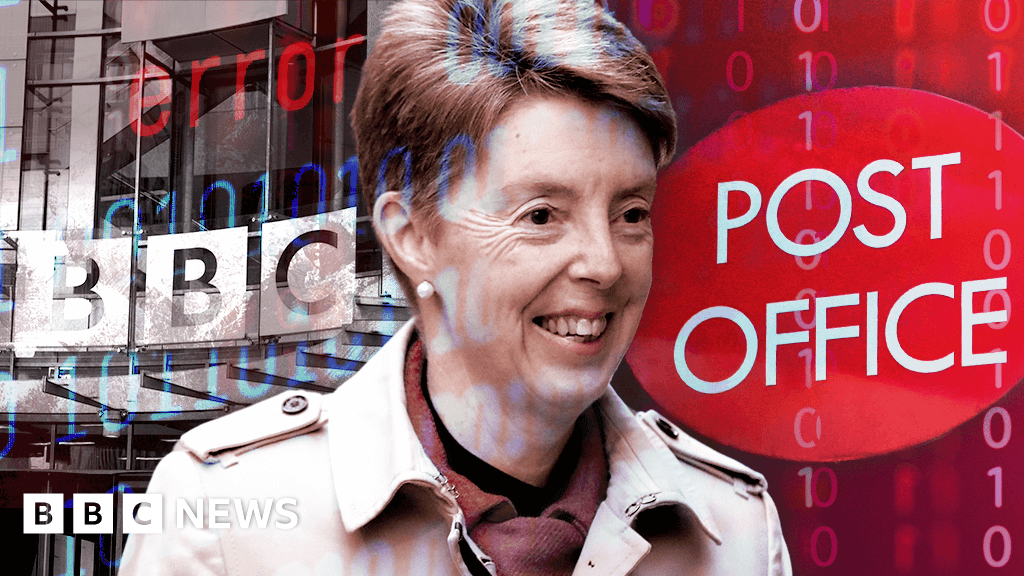- cross-posted to:
- [email protected]
- cross-posted to:
- [email protected]
The fact that there was invisibilised third party access to the accounts used as the basis for prosecutions is important in and of itself. But I’m not seeing much about the underlying reasons for it.
Fujitsu knew that Horizon didn’t work properly before it was rolled out to the Post Office. They were told by their own engineers that parts of it had to be rewitten because they were so shoddy. They chose, instead, to have a team of people correcting errors in the background, without disclosing this to subpostmasters or, apparently, the Post Office.
The concern is not that Fujitsu’s trouble-shooters might be deliberately falsifying accounts, there is no obvious motive for them to do so. But it does make it clear that the ramshackle system did not work properly, that Fujitsu knew that it did not work properly, and that the only errors which could be corrected were the ones that got picked up centrally, with the process for correcting them creating the potential for more human error.
Fujitsu bosses knew about Post Office Horizon IT flaws, says insider
There’s an interesting report on the Justice for Subpostmasters Alliance site also: Origins of a disaster (and long form version).
It is well-documented that the Post Office’s Legacy Horizon was a reconfigured version of a disastrously flawed parent project, the Benefits Payment Card. The impression given by three Secretaries of State to a Parliamentary Select Committee in July 1999 was that, once the BPC was thought to be irredeemably faulty by autumn 1998, all efforts were then focused on the reconfiguration into the Horizon project as we know it. But their evidence was far from complete. In late 1998 the Prime Minister, Tony Blair, who had been warned of the system’s instability, was asked to decide the future of Horizon. The No.10 Policy Unit had advised on cancelling the BPC and the Law Officers had given a clear view on how the public sector might terminate the project. Blair’s steer, however, paid no heed.
Many extremely well-paid heads need to roll.
The amount of smoke and mirrors in this project is insane, and there is probably more that was yet to come out of the woodwork.
I doubt any of the decision makes will face really consequences though, those are only for the little people.
This is the best summary I could come up with:
Mr Roll would go on to play a crucial part in a 2019 High Court case which ruled that bugs could cause errors in the Post Office computer system intended to keep track of transactions in local branches.
Between 1999 and 2015, 700 sub-postmasters and postmistresses - self-employed people who run Post Office branches - were prosecuted for offences such as theft, fraud and false accounting, with some going to prison and others even taking their own lives.
And minutes of a Post Office meeting later uncovered in court show its PR boss Mark Davies directly lobbied senior BBC management to try to stop further negative coverage of the story.
It was explosive testimony that could call into question the convictions of more than 700 sub-postmasters prosecuted on the basis of Horizon evidence, as the denial of the possibility of remote access underpinned the Post Office’s legal position.
A report by consultants Ernst and Young sent to Post Office directors in 2011 warned that Fujitsu staff had “unrestricted access” to sub-postmasters’ accounts, that “may lead to the processing of unauthorised or erroneous transactions”.
PR boss Mark Davies fired off complaints to ever more senior managers at the BBC, and expensive external lawyers were hired with public money to send letters threatening to sue Panorama.
The original article contains 2,147 words, the summary contains 214 words. Saved 90%. I’m a bot and I’m open source!




